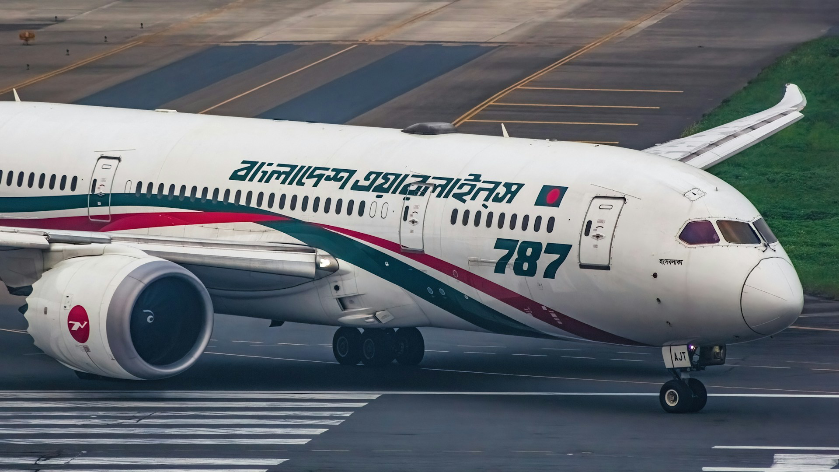Biman Bangladesh Airlines has started a detailed safety check for all the Boeing 787 Dreamliners in its fleet. This move comes after a recent crash of an Air India Boeing 787-8 in India on June 12, which tragically killed over 270 people. Although the Air India crash investigation is still underway, Biman’s Engineering Division acted without delay. They started to check the main systems in their six Dreamliners, which include four Boeing 787-8s and two Boeing 787-9s. The inspections cover the engine fuel system, electronic engine control, electrical power systems, hydraulics, air conditioning, and flight control systems. Additionally, “power assurance” tests are being conducted on the engines to confirm they perform at full capacity. A statement from Biman’s engineering team emphasized readiness to follow any safety directives from Boeing as soon as they are released. Every inspection and maintenance task adheres to the Aircraft Maintenance Programme that the Civil Aviation Authority of Bangladesh has authorized. This program is based on Boeing’s Maintenance Planning Document and other regulatory guidelines. Certified, type-rated engineers are performing all tasks, using official Boeing manuals for each step. After each inspection, quality assurance teams verify completion, and records are archived in the Maintenance Planning Department. Biman also uses advanced real-time tracking systems like the Aircraft Health Management and Engine Health Management systems. These tools allow the airline to monitor aircraft condition continuously, detecting early warning signs and acting before issues occur. Biman has a fleet of six Dreamliners, which are used for its international flights. The airline reaffirmed its commitment to passenger safety, stating that it maintains chances of flight safety and satisfaction through these rigorous protocols. Experts see Biman’s swift actions as a sign of excellent safety culture. By inspecting systems before any faults appear, the airline reduces risks and improves reliability. This is especially important when flying large international routes, where safety disruptions can cause delays and dent confidence. Travelers may notice longer servicing times or small schedule changes while inspections are ongoing. However, these are short-term adjustments taken in the name of long-term safety. Overall, Biman’s proactive decision reflects a strong dedication to operational integrity. It shows the airline’s willingness to act swiftly when something goes wrong keeping passengers safe, engines in top condition, and flights ready to operate securely.
Biman Begins Precautionary Inspection of Dreamliner Fleet
51
previous post


